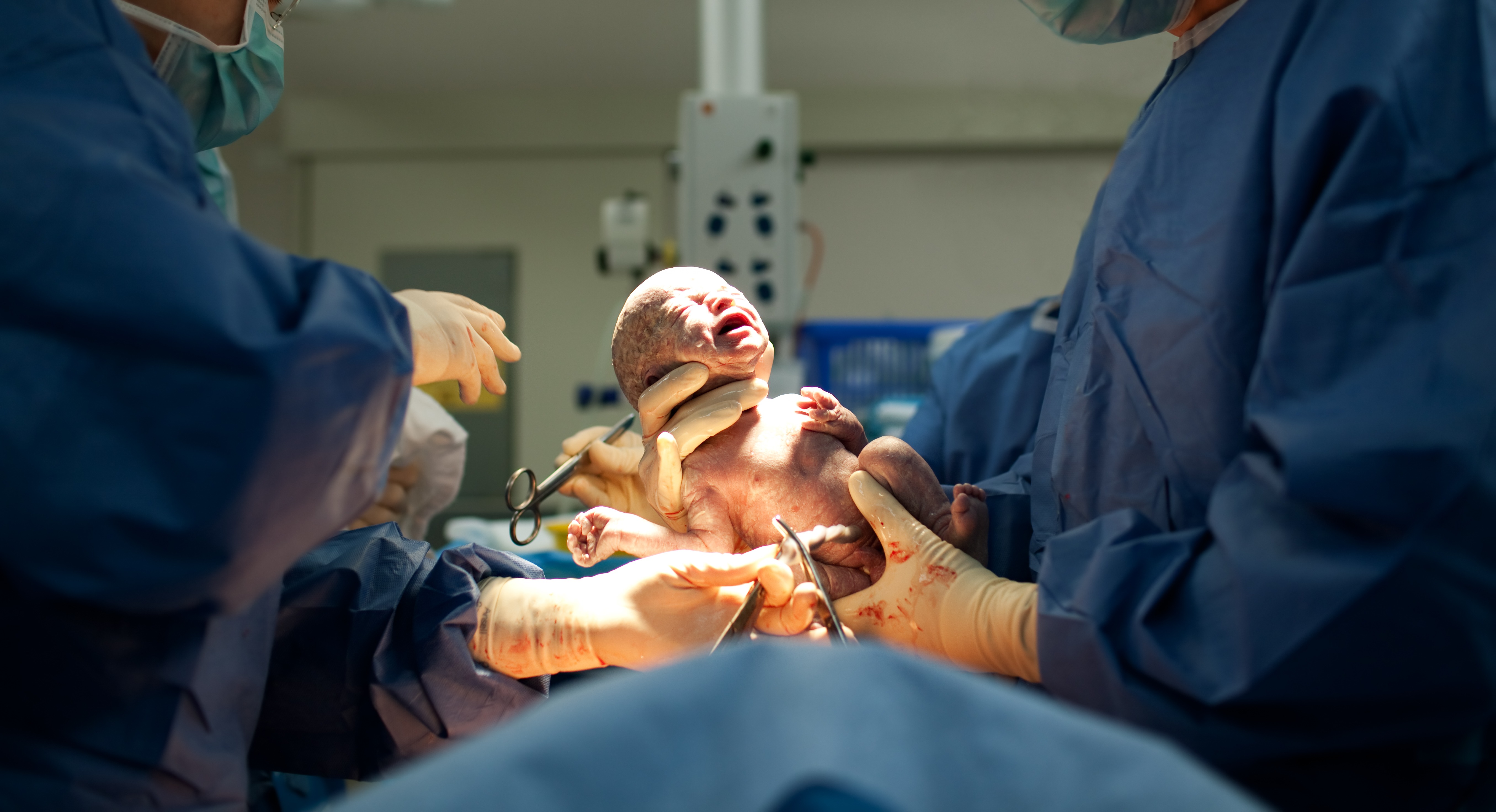
Toniquea Rivers was just seven months into her pregnancy when she was rushed to the Saint Francis Medical Center in Trenton, NJ. Rivers’ doctors found that her baby was in distress and scheduled an emergency caesarean section for that day. Her baby boy, Zion Rivers, was successfully delivered on January 27, 2012 by C-section. Soon after Rivers and her child were discharged and they returned to their home in Trenton. But just a week later, she collapsed to the floor.
Capital Health System Inc. paramedics were called to bring Rivers to the emergency room at Saint Francis. And according to a medical malpractice lawsuit, filed on January 29, 2014 on behalf of Rivers’ family, the paramedics improperly inserted a breathing tube. The negligence allegedly led to the death of Rivers later that day. She was just 20-years-old.
After more than three years of litigation and a two-week trial, a New Jersey jury determined that Capital Health System Inc. did not act in good faith–a unique requirement for this type of case under New Jersey law–and is therefore liable for Rivers’ death. It took the jury about nine hours to find in the plaintiff’s favor, awarding Rivers’ family $6 million in damages. Two thirds of the verdict will be distributed to Rivers’ estate and one third will be set aside for her child, who is now three-years-old.
“We believe that the verdict accurately reflects the value of the economic damages and the non-economic damages in the case,” said one of the attorneys representing the plaintiff. “I think the verdict reflects, No. 1, that they were very displeased with the medical care that she got by these paramedics. They found it unacceptable, and it rose to a higher level than just mere negligence.”
It is not yet clear whether Capital Health System, Inc. will appeal the ruling.
Frequently Asked Questions

According to the National Organization for Rare Disorders (NORD), locked-in syndrome is often caused by a stroke. It is also possible that a patient with locked-in syndrome can suffer a stroke because of a blood clot or other factors. Locked-in syndrome is a rare neurological disorder. People with locked-in syndrome cannot consciously or voluntarily chew,
Read More
What Qualifies For A Medical Malpractice Lawsuit? No one likes to be a victim. This includes individuals who may have been injured or harmed due to medical situations. You become a victim of medical malpractice when you encounter certain medical misconduct. Every year, approximately 80,000 individuals have cause for a medical malpractice lawsuit. Interestingly enough,
Read More